This story appears here courtesy of TheChurchNews.com. It is not for use by other media.
By Christine Rippleye, Church News
Religious liberty has been championed in the Church since its early pioneering roots. Many times, members of The Church of Jesus Christ of Latter-day Saints faced opposition due to their religious beliefs they worked to establish communities. As they sought to practice their religion, they also included others in being able to live their faiths, too.
Here are 12 times in the Church’s history when leaders spoke about religious freedom. These were compiled as part of the 2022 Church History Symposium on Latter-day Saints and Religious Liberty.
Joseph Smith
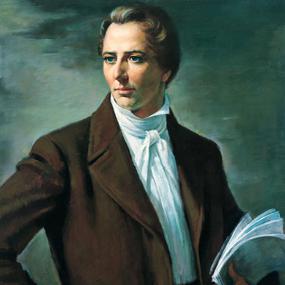
Joseph-Smith-Portrait
Joseph Smith“I am just as ready to die in defending the rights of a Presbyterian, a Baptist or a good man of any other denomination; for the same principle which would trample upon the rights of the Latter-day Saints would trample upon the rights of the Roman Catholics, or of any other denomination who may be unpopular” (Discourse given by Joseph Smith, July 9, 1843, in Nauvoo, Illinois; Joseph Smith, History, 1838–1856, vol. E-1).
Nauvoo, Illinois, Ordinance in Relation to Religious Societies
“Be it ordained by the City Council of the City of Nauvoo, that the Catholics, Presbyterians, Methodists, Baptists, Latter-day Saints, Quakers, Episcopals, Universalists, Unitarians, [Muslims], and all other religious sects and denominations whatever, shall have free toleration, and equal privileges in this city” (Nauvoo City Council, Ordinance in Relation to Religious Societies, City of Nauvoo, Illinois, March 1, 1841, Nauvoo City Council Minute Book).
John Taylor, 3rd President of the Church
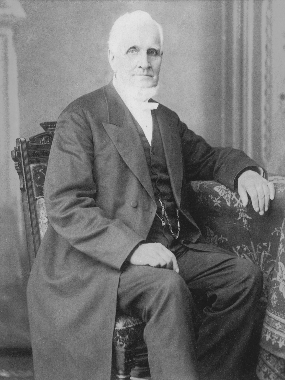
Freedom
John TaylorWilford Woodruff, 4th President of the Church
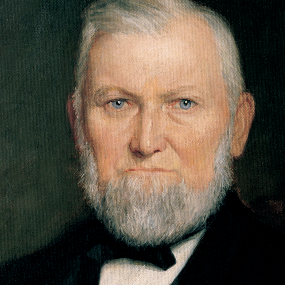
Freedom
Wilford WoodruffCharles W. Penrose, Counselor in the First Presidency
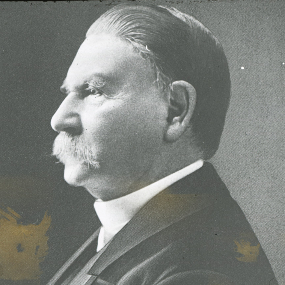
Freedom
Charles W. PenroseJames E. Talmage, Quorum of the Twelve Apostles
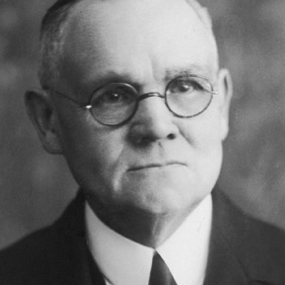
Freedom
James E. Talmage“The Latter-day Saints declare unqualified allegiance to the principle of religious liberty and religious toleration. Freedom to worship Almighty God as the conscience may dictate, they claim as one of the inherent and inalienable rights of humanity” (James E. Talmage, “The Articles of Faith,” p. 406).
Joseph F. Smith, 6th President of the Church
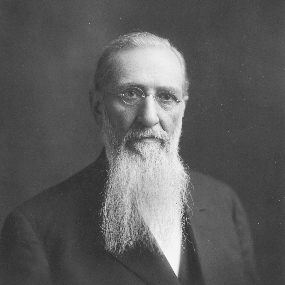
Freedom
Joseph F. Smith
“We believe in all truth, no matter to what subject it may refer. No sect or religious denomination in the world possesses a single principle of truth that we do not accept or that we will reject. We are willing to receive all truth, from whatever source it may come; for truth will stand, truth will endure” (Conference Report, April 1909, page 7).
Charles A. Callis, Quorum of the Twelve Apostles
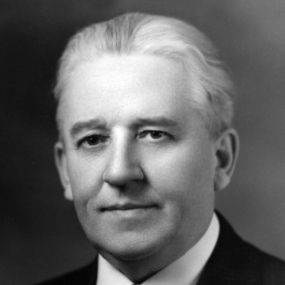
Freedom
Charles A. Callis“We believe in the glorious destiny of this great republic; we believe that its principles shall extend to the uttermost parts of the earth, that the shackles of bondage, and serfdom of all kinds, shall be stricken from the limbs and consciences of mankind, until the children of men everywhere shall stand forth in the enjoyment of that full measure of political and religious freedom which God the Father designed that they should have. This we are proclaiming to the world” (Conference Report, April 1911, page 40).
John Henry Smith, Counselor in the First Presidency
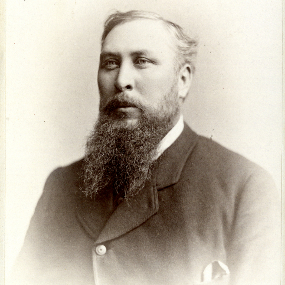
Freedom
John Henry Smith“Some, in their misapprehension, or overzeal in regard to the regulation and care of their fellows, have failed to appreciate the fact that it was the design of providence to guard the consciences of men and open up to them the great privilege of religious freedom. They are at liberty to accept the doctrines of Buddha if they choose, or to believe in the mission and ministry of Mohammed, or to regard and honor the laws and views presented in the Koran, or in the doctrines announced by Moses, following the Jewish theories and ideas; they also who should believe in Jesus Christ in these latter days, and literally accept His doctrines, should with their fellow men enjoy their right to those laws, and live in harmony with the rules and principles set forth in the doctrines announced in this latter time, even as they were announced in that former day” (Conference Report, October 1911).
Levi Edgar Young, First Council of the Seventy
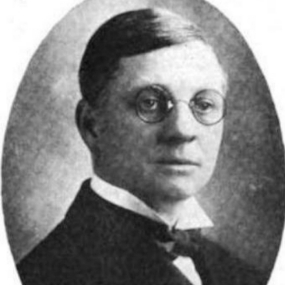
freedom
Levi E. Young
First Presidency Satement
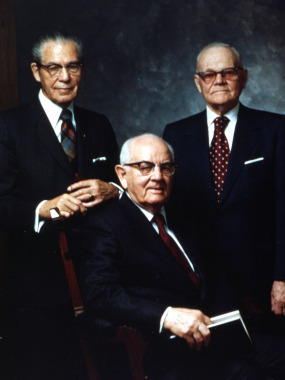
Freedom
Spencer W. Kimball, center, with his counselors, N. Eldon Tanner, left, and Marion G. Romney
Bruce R. McConkie, Quorum of the Twelve Apostles
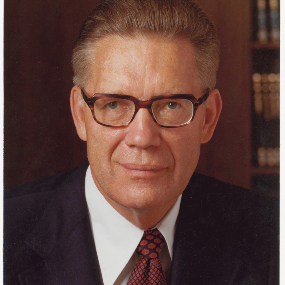
Freedom
Bruce R. McConkie
“Freedom of worship is one of the basic doctrines of the gospel. Indeed, in one manner of speaking it is the most basic of all doctrines, even taking precedence over the nature and kind of being that God is, or the atoning sacrifice of the Son of God, or the vesting of priesthood and keys and saving power in the one true church. By this we mean that if there were no freedom of worship, there would be no God, no redemption and no salvation in the kingdom of God. Let us now reason, as the prophets have done, on this matter (“A New Witness for the Articles of Faith,” by Bruce R. McConkie, Deseret Book, published in 1985).
Copyright 2022 Deseret News Publishing Company.